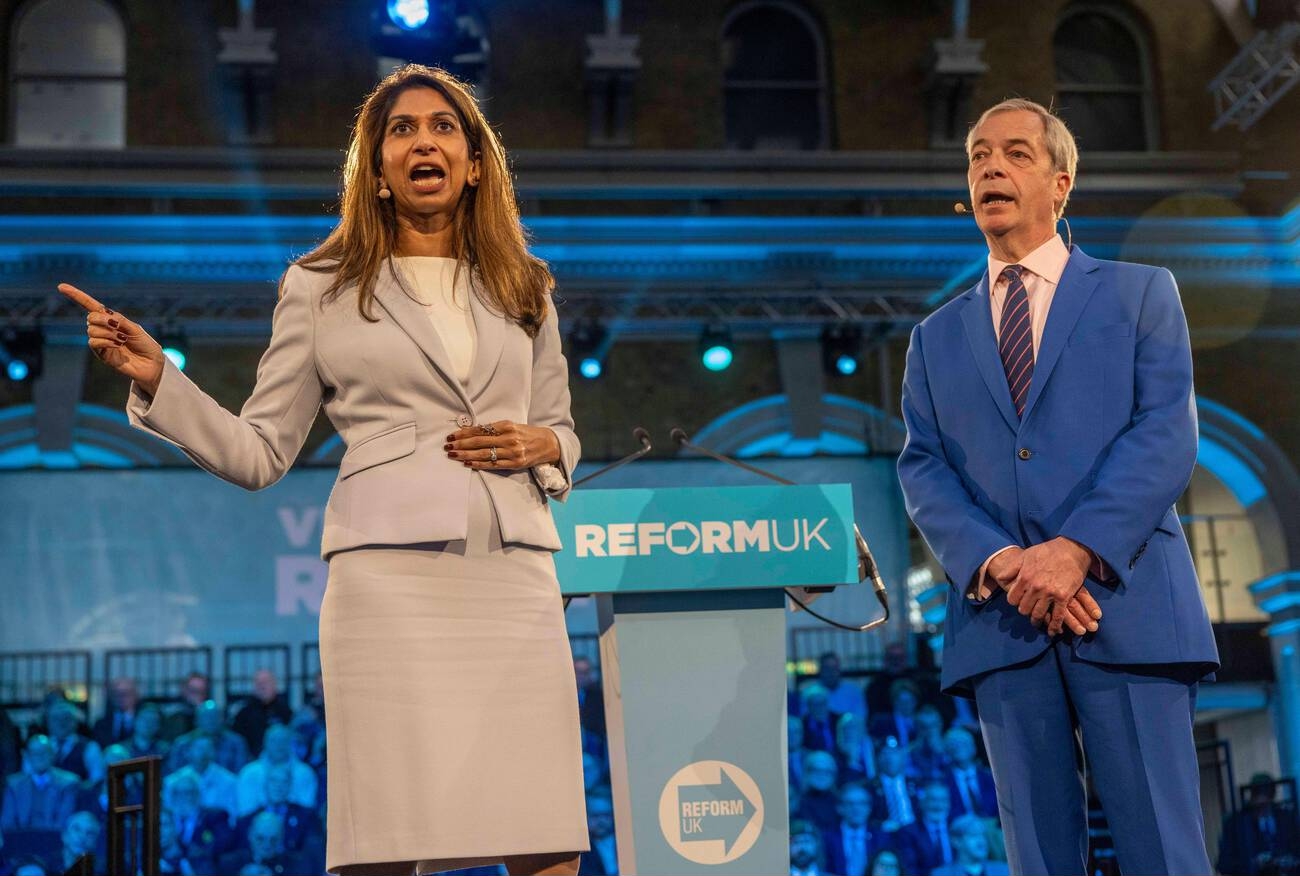Unhealthy Eating Crisis in the UK: Labour Party Seeks to Reform Unhealthy Habits
Prime Minister Keir Starmer promised comprehensive reforms to the national health system. Part of the reforms involves transferring care

Prime Minister Keir Starmer promised comprehensive reforms to the national health system. Part of the reforms involves transferring care from hospitals to neighbourhoods and a prevention-before-cure policy to reduce pressure on health services. Addressing unhealthy eating habits forms a key part of the reform program in the British health system. This article explores the impact of the unhealthy eating crisis in the UK, with particular attention to its economic costs and broader disadvantages for the British economy and society.
Early death due to unhealthy habits
Horrifying statistics about the unhealthy eating habits of the British have been published in recent years. The unhealthy eating crisis in the UK is quite severe. A scientific study shows that 9 out of 10 British adults have at least one unhealthy habit. These habits lead to early death. Studies have shown that each British citizen has habits such as smoking, drinking alcohol, eating fatty foods and being inactive. The results of the World Health Organization’s studies show that alcohol consumption in the UK is at the highest level among European countries. This alarming mortality rate correlates strongly with poor lifestyle choices among the majority of Britons.
Only 10% of Britons live healthy.
This crisis is highlighted by statistics showing that only 10% of Britons live healthy lives. So, only 10% of Britons do not have habits that cause premature death. Also, less than a third of adults and less than a fifth of children follow a healthy lifestyle. The National Institute of Health (NIH) has repeatedly stated in recent months that obesity has led to a significant increase in diabetes in men and women. Obesity is currently a serious health crisis for the British people.
The majority of Britons are obese and overweight.
In England, the proportion of obese people increased from 13.2% of men in 1993 to 26.9% in 2015 and from 16.4% of women in 1993 to 26.8% in 2015. The increase rate has slowed since 2001, although the trend is still upwards. According to data published by the NHS, more than 68% of men and more than 60% of women are obese or overweight. Susannah Brown, senior scientist at the World Cancer Research Fund, says that unhealthy choices significantly increase cancer risk.
The high cost of unhealthy diets in the UK
A new analysis commissioned by the Food, Farming and Countryside Commission (FFCC) shows that the UK’s unhealthy food system costs £268 billion annually. That’s almost the same as the UK’s total annual healthcare expenditure. The current food system is four times more expensive than it would cost to repair. For the first time, the direct and indirect costs of diet-related disease have been calculated, combining healthcare costs, social care costs, welfare costs, lost productivity and the human cost of chronic disease, and identifying the proportion related to food. Today, a new analysis by Professor Tim Jackson for the Food Farming and Countryside Commission shows that how we eat, grow and produce food places a substantial financial burden on the UK economy. This report outlines the false economy of big food, the economic implications of the current system, and the pressure it places on the public purse.
UK government to crack down on unhealthy food advertising
The health crisis in the UK is so alarming that governments have been forced to take measures to control it. The unhealthy eating crisis in the UK has forced the Starmer government to make some crucial decisions. The UK government says it will ban advertisements promoting unhealthy food from October 1 next year. It will also ban advertising for foods with little nutritional value before 9 p.m. The Labour Party seeks to combat childhood obesity with restrictions and a complete ban on paid online advertising.
Eliminate low-nutritional food advertising.
Andrew Gwynne, the UK’s deputy chief medical officer for public health, said the formal announcement of the scope and date of the advertising bans would provide clarity for industry professionals. The restrictions would help reduce children’s exposure to low-nutritional food and drink advertising, which influences children’s food choices from a young age. The ban on advertising before 9 p.m. was a Labour Party election promise.
Childhood obesity on the rise
If controls on harmful food advertising are not increased, the UK healthcare system will not be able to cope with the high volume of patients in the coming years. Childhood nutrition is a long-term priority and key to building a healthier future for future generations. Some items will be exempt from the new advertising bans but will have their own regulatory rules. Baby food, diet products, medicated drinks and meal replacement products approved by the Department of Health are exempted from the ban.
UK governments failing to control the unhealthy eating crisis in the UK
The link between diet and health is often debated. The link is real and undeniable. When we consider the health impacts, we find that the actual cost of an unhealthy diet is more than three times what we think we pay. Britons have many unhealthy eating habits, and the unhealthy eating crisis in the UK costs the economy a lot. Continuing unhealthy eating habits is costing the UK economy dearly. British governments have repeatedly promised to change unhealthy eating habits but have so far failed. It seems that the Labour Party will not be able to succeed in changing the British people’s unhealthy eating habits either.









